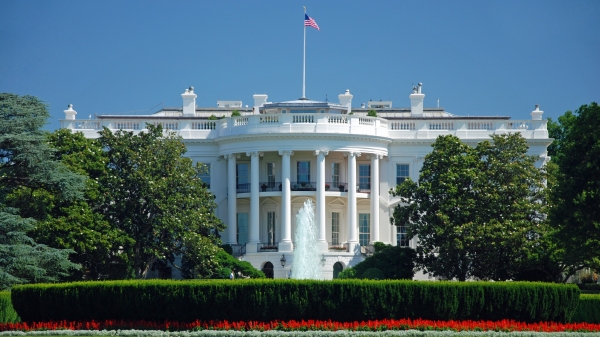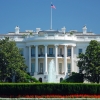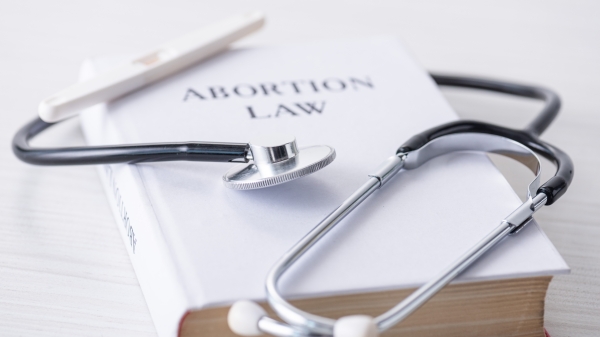By Bill Britt
Alabama Political Reporter
MONTGOMERY—The State of Alabama has once again objected to House Speaker Mike Hubbard’s attempt to further delay his trial on 23 counts of public corruption, by claiming the prosecution did not provide discovery documents in a searchable format.
On Dec. 7, Special Master Allison O. Skinner stated to the court in her report, “The State’s April 30, 2015 production is presumptively searchable… I recommend that the State should not be compelled to take further action regarding its Rule 16.1 production efforts.”
However, Hubbard’s new lead attorney, Lance Bell, has argued that Special Master Skinner is wrong in her assertion that the State has fulfilled its obligation under State and Federal law.
The State responded to Bell’s motion saying, “Hubbard’s dilatory discovery tactics have diverted enough of this Court’s and the State’s resources already. Indeed, the State initially proposed the appointment of the Special Master after six months of satellite litigation about discovery before this Court because the State was confident that a neutral eDiscovery expert would validate the State’s production as reasonably useable and searchable.”
Hubbard has repeatedly tried numerous stalling tactics to avoid his March 28 trial, even though the Special Master found, “The State’s April 30, 2015 production is presumptively searchable.”
The prosecution has offered to permit the defense to come to its offices and review discovery material, as well as offering to produce the documents it intends to present in its case-in-chief to the defense, 60 days before trial. However, Hubbard’s legal team has not accepted this offer, even though the Special Master has praised the State’s plan.
In her response to the court, Skinner stated, “By Hubbard’s counsel’s own admission, they (counsel) have handled multiple voluminous e-discovery cases using an outside vendor for their review platform. However, in this case, Hubbard has elected not to load the April 30th production into a review platform.” Skinner further notes, “As of the November hearing, Hubbard had not loaded the production into an e-discovery review platform, nor has Hubbard advised the Special Master whether it has subsequently elected to use a review tool.”
Hubbard’s lawyers admitted they had used such technology in the past, but continued to press the State, rather than began the process. Hubbard’s legal team advised the Special Master that they had received a quote from a company that provides e-discovery software, but failed to act in processing the data.
The prosecution sees this as yet another ploy for Hubbard to postpone his day in court.
At a House Republican Caucus held Monday, Hubbard read a prepared statement in which he assured the members that trial Judge Jacob Walker III would postpone his trial until after Session, that he was not guilty, and his case would be dismissed before going to trial. He also railed against the Attorney General’s Office and “rogue” prosecutors.
Bell, an attorney from Pell City, has assumed lead counsel after the firm of White Arnold and Dowd withdrew from the case, reportedly because Hubbard had failed to pay the over $1 million in legal fees owed.
Chatter around the St. Clair County Court House in Pell City is, Bell has taken Hubbard’s case for “future favors from the Speaker” and the “publicity,” it will bring his practice.





















































